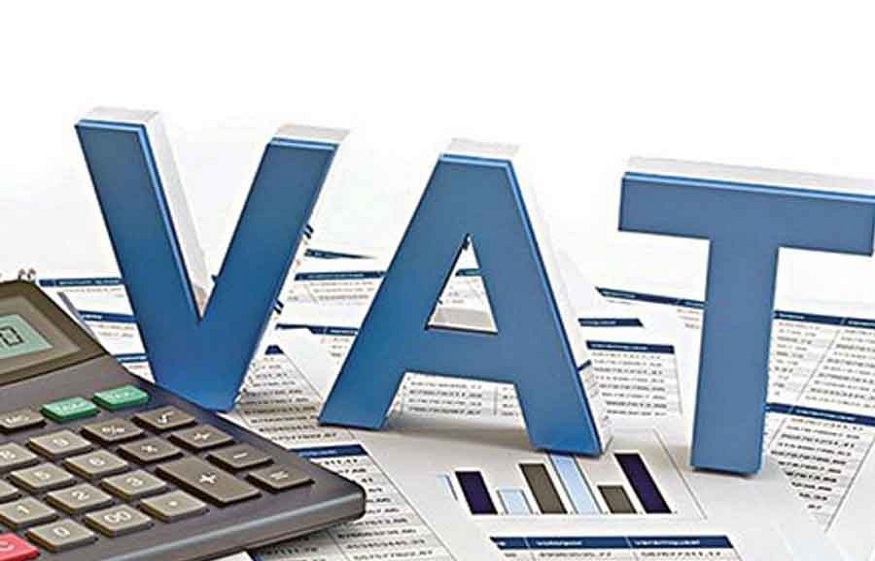
Production taxes: let’s preserve businesses in the territories
Deindustrialization, job cuts, loss of industrial know-how: news around industry in France is not always the most optimistic. How to explain such a situation? If the global context plays a non-negligible role in the weakening of the French industrial fabric, production taxes – all taxes and duties applying to factors of production (capital, labor) and to added value – borne by companies can also explain the difficulties they encounter. They create a disincentive to invest, harmful for the competitiveness of companies, especially for the industrial sector.
And yet, production taxation is less present in the public debate than direct taxation (corporate tax, for example), even though it can have repercussions throughout the production chain and up to the end consumer. It is also decisive for the development of the French industrial fabric and for the maintenance of economic activity in the territories.
The Institut Montaigne and the METI (Movement of intermediate-sized companies), with the help of the consulting firm in the economic field Asterès , take up this subject and propose in this study an overhaul of the taxation of French production in order to to restore production conditions in France and revitalize the economic fabric in our territories.
Production taxation, a French particularity
INSEE defines taxes on production as “compulsory unrequited payments affecting the production and importation of goods and services, the employment of labor and the ownership or use of land, buildings and other assets used for production ” . Their particularity? They are due, regardless of the amount of profits obtained and even in the absence of results. For example: the property tax on built properties (TFPB) is a local property tax that affects buildings, which particularly affects production sites, which are larger by nature.
What are the other existing taxes?
Two other taxes exist: direct taxes (eg: corporate tax) and consumption (eg: VAT), less unfavorable to industrial companies.
Direct taxation (14% of total tax revenue on companies in France) facilitates investment, because it only taxes the company once it has made profits;
The consumption tax (61% of total tax revenue on companies in France), relating to all goods sold in France, applies during the sale and does not focus only on companies that produce on the market. territory. It is therefore more equitable between French and foreign companies.
Where is France in this area?
France differs from its European neighbors by its high production taxation (2nd in the European Union, behind Sweden). Production taxes represent 10% of the country’s total revenue, compared to 2% in Germany. This choice allows France in particular to have one of the lowest consumption taxes in the EU, but at the cost of the under-competitiveness of its industrial companies.
Among the first victims of this arbitration, we find mainly Intermediate-Size Enterprises (ETI) and Small and Medium-Sized Enterprises (SMEs). In France, these companies provide jobs (mid-sized companies are the only category of company to have created jobs in France between 2009 and 2015), spread over the territory (78% of their production sites are located in the region) and very exporting (three ETI out of four export). But these companies are today too few in France (5,800) , in comparison with our European, Italian (8,000) or German (13,000) neighbors. Their low number is partly explained by this production tax which slows down their growth.
Production taxation and industrial mid-size companies do not mix
Are production taxes and industrial mid-size companies the big enemies?
Production taxation weighs primarily on industrial companies, and particularly SMEs and mid-cap companies, for two reasons:
Industry vs services: due to their structures (needs in terms of space), for equal turnover, industrial companies pay 10% more production tax than service companies;
SMEs vs. large groups: SMEs and mid-caps do not benefit from the exemption regimes applying to very small businesses and do not have the capacity to optimize their tax contributions, as large companies can do.
Among the complexities created by production taxation for industrial mid-size companies, the fact that it is particularly broken down into a large number of taxes harms the country’s image as a potential host to industrial companies. A recent report by the Inspectorate General of Finance on small taxes in 2014 shows that with an equal production structure, a company paying 66 taxes (all types of taxes combined) in France pays 17 in Germany and 5 in France. UK.
Mid-cap companies thus support 47% of the corporate land contribution (CFE, capital), 63% of the social solidarity contribution of companies (C3S, turnover) and 52% of the contribution on the added value of companies (CVAE). , value added) of industry while they represent less than 28% of tangible fixed assets (capital) and 23% of industrial GDP.
Being very high in France, production taxes discourage industrial companies from investing and create a distortion of competition with companies that produce outside France and are therefore not subject to the same tax constraints.
Why reform production taxation?
In line with the ETI report : intermediate size, big potential published in January 2018 by the Institut Montaigne and the METI, this study aims to revitalize the French industrial fabric. A revival of “working and producing in France” will necessarily involve an overhaul of the production tax system which today penalizes companies that have taken up residence in our territory, and in particular industrial companies.
Such an overhaul would thus make it possible to relaunch economic activity in the territories , which host nearly four out of five mid-market production sites.The study is based on the creation of 50,000 jobs throughout the country.

